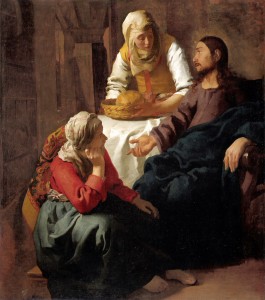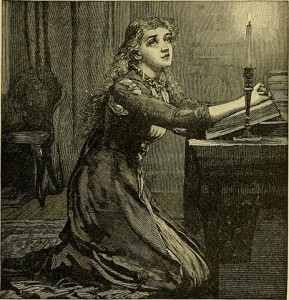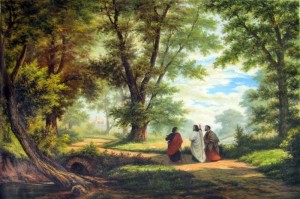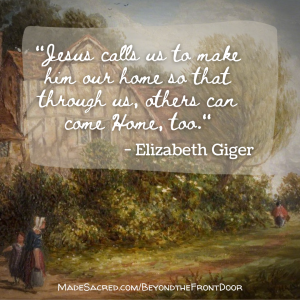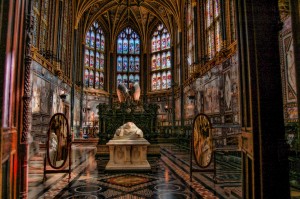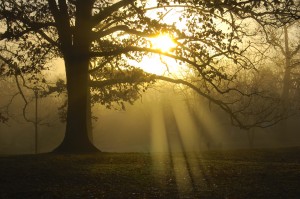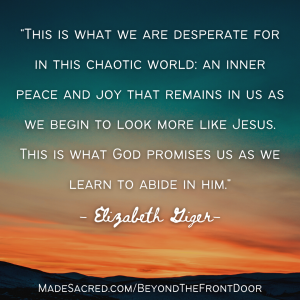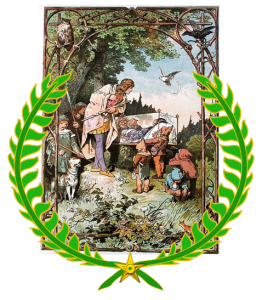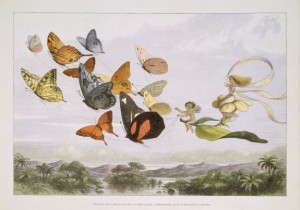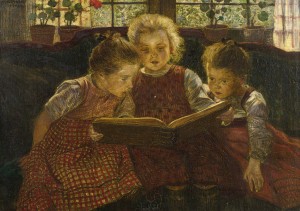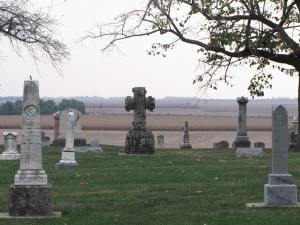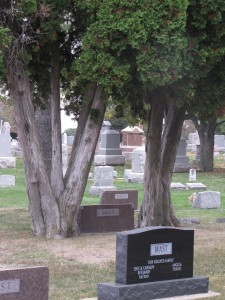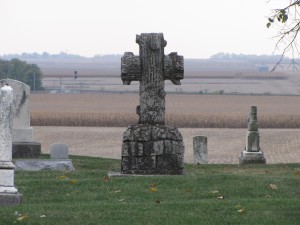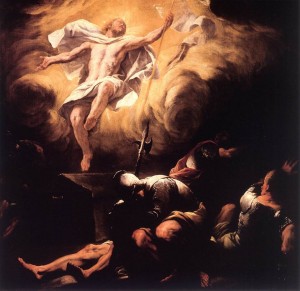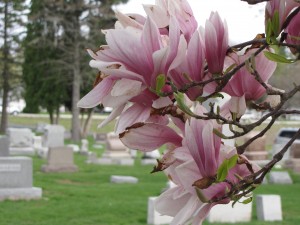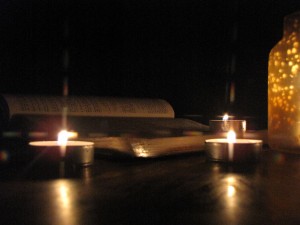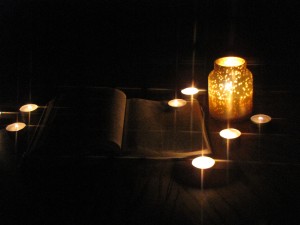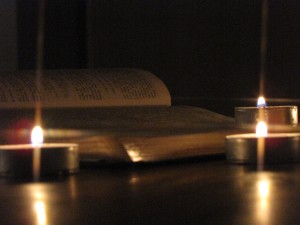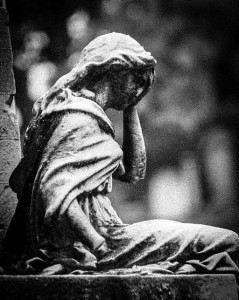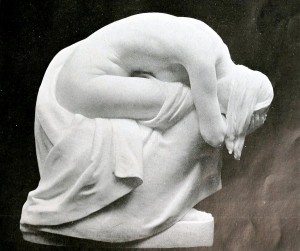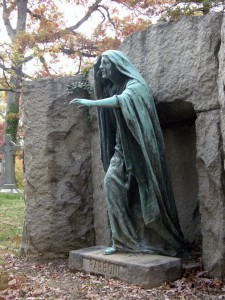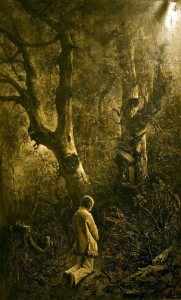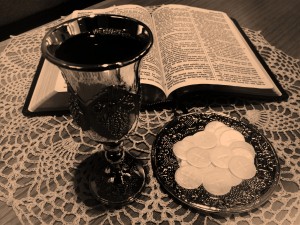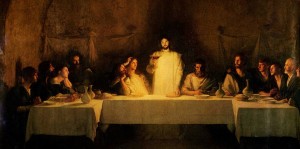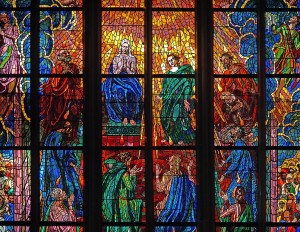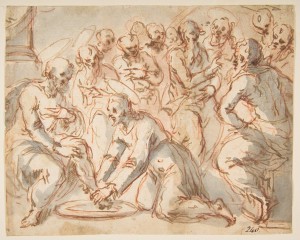I have been a Jesus follower my entire life, yet it is only in recent years that I have begun to experience God.
I should qualify that last assertion. It is only in recent years that I have begun to recognize my experience of God.
God is here and interacting with me even when I am wholly unaware of it. He is evident only when I am awake to His Presence.
I still have never had An Experience of God. Never a burning bush, a voice from the sky, a parting of the waters.
Thus far in my life, God has revealed Himself to me through the quiet, the small, the subtle. I have to pay attention.
In all my years of showing up to church, studying Scripture to gain understanding, and praying at God with all my words, I never learned how to slow down and look for God Himself.
This kind of awareness of God’s presence comes slowly, by degrees. As A. W. Tozer writes:
It is for increasing degrees of awareness that we pray, for a more perfect consciousness of the divine Presence … He is nearer than our own soul …
This was certainly my own experience. It took an entire year of learning to be still and quiet before God in prayer, of learning to read Scripture in a deep and listening kind of way before I recognized God’s voice.
I pray I will never forget the first time I understood what it was I had been hearing my entire life.
Awareness of God, being awake to His Presence, comes in degrees. As I surrender to Him, being faithful to spend regular times of quiet with Him and His Word, I am more and more receptive to His Presence with and in and around me.
In the same way, when I allow my life to become too busy, neglecting my rhythms of being with God, it becomes more and more difficult to hear God and recognize His Presence.
Receptivity (to God’s Presence) … can be present in degrees … It may be increased by exercise or destroyed by neglect. It is not a sovereign and irresistible force which comes upon us as a seizure from above. It is a gift of God, indeed, but one which must be recognized and cultivated as any other gift if it is to realize the purpose for which it was given. ~ Tozer
This is, after all, a relationship we are after, not a magic formula to the good life, and relationships take time to develop. Time spent together, talking, yes, but listening as well. Time simply being together.
I am learning that it is worth it. Every moment spent with God leads to more awareness of Him throughout the day, which leads to more time spent truly with Him, which leads to … simply more of Him.
Which is what our hearts desire more than anything else.
This is what fills us up and satisfies us in the middle of this world that promises to fulfill us but ends up draining us instead.
Next week I’ll write about the other issue that keeps me from experiencing God. I hope you will join me.
In the meantime, if your heart thirsts to know more about this, I have written about it in even more depth in my book, Beyond the Front Door: Cultivating Rhythms of Abiding in Jesus. You can click here to find it on Amazon.
To hear my blog post read aloud, just click the play button. If you’re reading this in an email, you may have to click here to hear the post on my site.
Art credits: Christ in the House of Martha and Mary by Johannes Vermeer; Pathway of Life by Thomas De Witt Talmage; The Road to Emmaus by Robert Zünd

